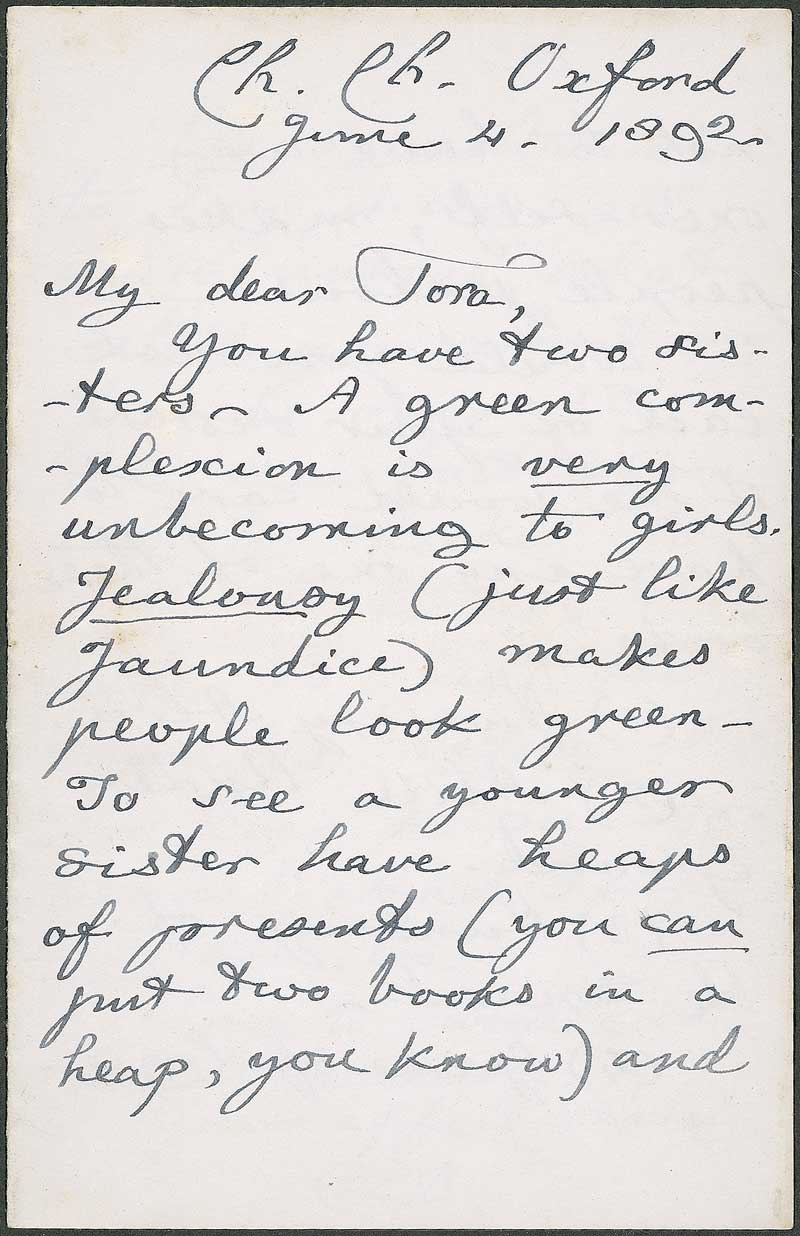Are letters dying? Already dead?
I've heard people lament the death of the art of letter writing, and I'd have to agree that it seems that the way letters were once will probably never be again, at least on that grand of a scale. But I wonder if the lament is more than just a lament of the loss of the cursive, the folding, and the form of the content of the letter. I think what people are usually mourning is the loss of communication and beautiful words that letter-writing signifies.
So does the death of the letter mean that we don't communicate as well as we used to? We are swimming or sinking in a digital world, surrounded by new ways of speaking, new connections with people who see the world differently, and an inundation of words, words, words. Does it mean that we're stuck with "btw" and "lol" instead of more meaningful ways to communicate? Is all of this making us communication-dumb? Is technology making us less human?!
To start with, I don't think that everyone in the Victorian period (some mark that time as the height of letter-writing) was good at writing letters. Why would they need letter-writing guides if everyone naturally did it well?
In a similar vein, I don't think everyone that communicates online does it well or eloquently (sometimes the same thing, sometimes not). I have seen many a poorly-written blog post and many websites that are not helpful at all. But I do think that this change in medium doesn't mean automatic death of our desire as humans to communicate and connect with other people. And so the decline of one medium simply means we will find ways to communicate using our new options.
It's kind of exciting, actually. Whereas before you had to be good at letter-writing or speaking in person (luckily that one never really gets ruled out) to be able to communicate well, now there is a whole array of options to communicate: video chat, email, social networking, forums, and other institution-organized forms of communication. We can communicate with many people at once through video, and unlike the assemblies of old, our message stays up there, as easily seen in ten years as it is this afternoon.
So the actual act of conveying words from one person to another can be facilitated by technology. But what of the quality of those words? Does more words mean less true human connection? I think for some people it can. Some people are intimidated by or disillusioned with technology, so their messages to others and the world get obscured by the medium. But I don't think this is new; I'm sure some people got so caught up (or tripped up) by using the form of letter writing, or were so afraid of using it incorrectly, that they communicated very little. And some who were considered "experts" by the neatness of their writing and the fanciness of their paper might have had very little sense in the content of their letter.
How do we connect in the digital world, not allowing the methods of communication interfere with teh message? How do we make sure our word still carry value, still make connections with other people on the planet, those that share our human condition?

No comments:
Post a Comment